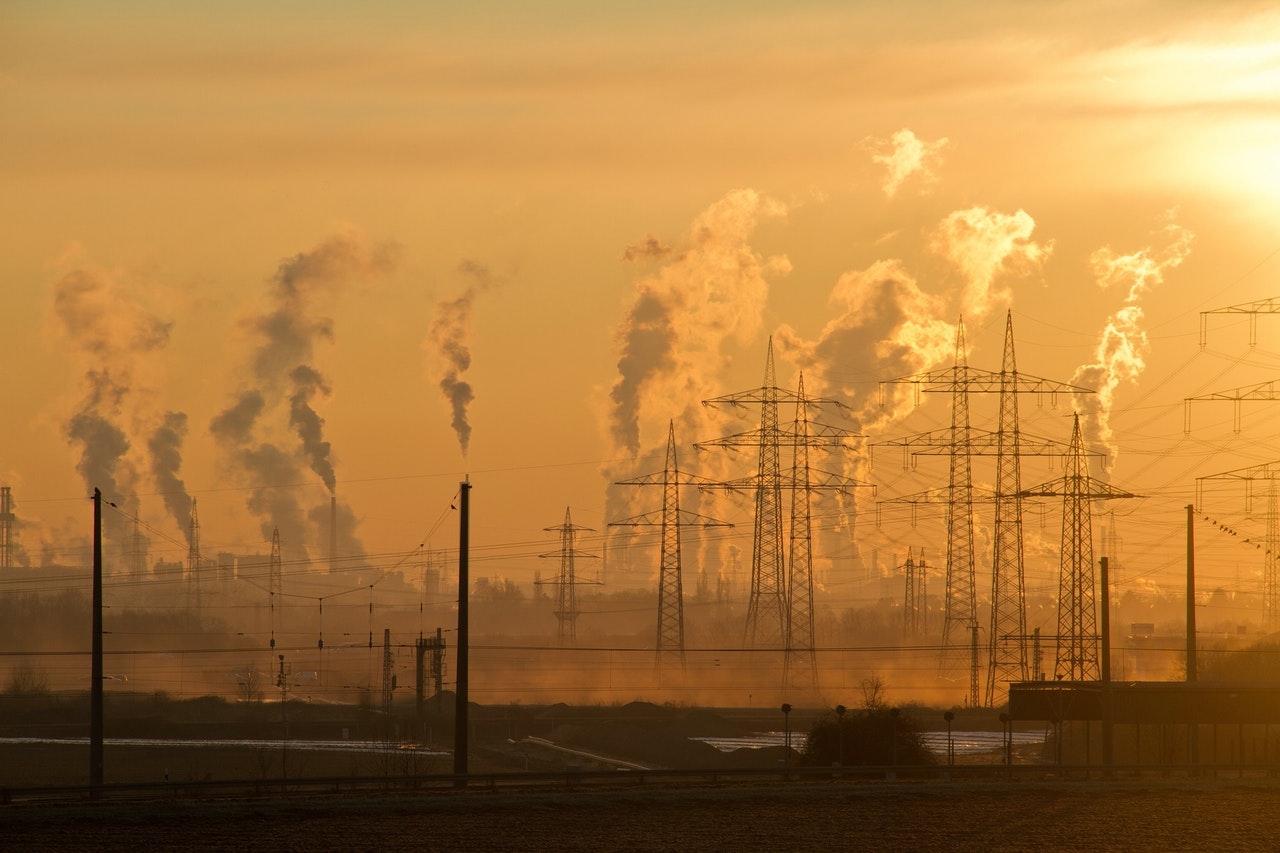Canada News
Saskatchewan wants Supreme Court to push back carbon tax appeal

The federal carbon tax was applied to Saskatchewan, Ontario, New Brunswick and Manitoba when those provinces did not have of their own. (Pexels Photo)
SASKATOON — The Saskatchewan government is applying to have its Supreme Court hearing on the constitutionality of the federal carbon tax pushed back.
An email from the Ministry of Justice says a delay would help Saskatchewan co-ordinate its legal challenge with similar ones coming from other provinces.
The top court was tentatively set to hear the case Dec. 5.
The province says its lawyers were supposed to submit a factum for the appeal by the end of this month, but they have not done so.
Justice Minister Don Morgan hosted a meeting Tuesday in Saskatoon with justice ministers and their legal teams from Ontario, New Brunswick and Alberta.
He believes the Supreme Court will want to hear all of the various legal arguments or cases at once instead of one at a time because of their similarity.
During the meeting the group discussed ways to strategize their legal arguments against Ottawa’s carbon levy.
The federal carbon tax was applied to Saskatchewan, Ontario, New Brunswick and Manitoba when those provinces did not have of their own.
Ontario lost a challenge in its top court last month.
Alberta, which killed its provincial carbon tax earlier this year that was brought in by the previous NDP government, is to have the federal levy imposed in January. It has also filed a legal challenge.
Alberta Justice Minister Doug Schweitzer says his government is trying to catch up with Saskatchewan and Ontario, and it was important for the ministers to compare notes.
He wants the provinces to work together so that the matter is heard by the Supreme Court in a “co-ordinated and thoughtful way.
”
“We’re trying to work out (the) strategy to make sure each province can bring forward its strongest case to the Supreme Court,” he says.
Ontario Attorney General Doug Downey says his government has until August to file its notice of appeal to the Supreme Court.
There are pros and cons about presenting the cases together, he says, but wouldn’t comment on his government’s preference or strategy.
Morgan says he believes Saskatchewan’s court fight is costing taxpayers hundreds of thousands of dollars, but that it’s worth it.
He says it’s difficult to calculate the exact amount since the province is relying on a mix of in-house and outside lawyers. The price tag includes court filings, travel expenses and other out-of-pocket costs.
“The importance of trying to determine federal and provincial — where the lines are — is important enough that we’re more than willing to spend the money to try and get clear resolution and clear answers to where we need to be,” he says.





















